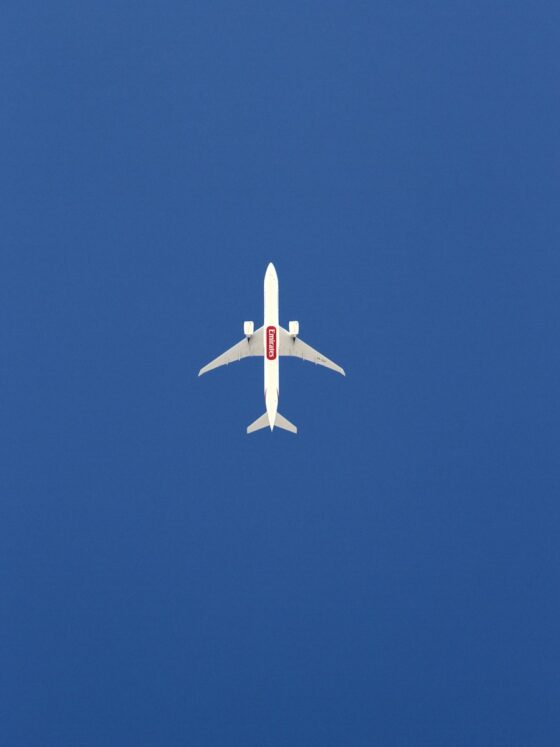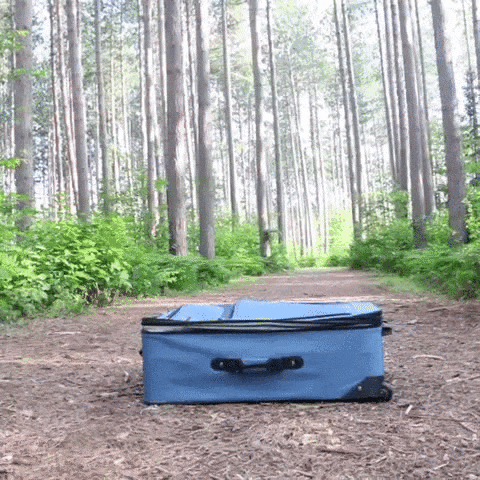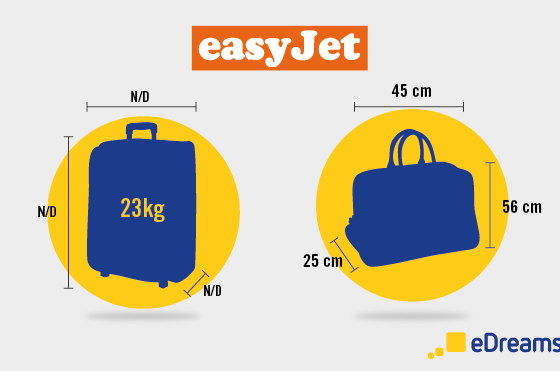Occasions and adventures can include hunting for work abroad. When looking for the right job abroad, there are hurdles. It’s undeniable that the prospect of packing up your belongings and embarking on a new journey abroad is a thrilling experience. Whether it’s sipping coffee in a Parisian café between interviews or navigating Rome’s cobbled alleys in search of your next big gig, job hunting abroad sounds like a dream. But once the fantasy fades, reality kicks in—and with it, plenty of paperwork, permits, and practical challenges.
Having personally experienced the challenges of job-hunting abroad, including a few frustrating bureaucratic pitfalls, I’ve gathered a few essential truths you should be aware of before embarking on your international job search. Here’s what I wish someone had told me.

1. It’s more than just a resume—you need a reason to relocate
“Just apply and go” sounds easy. But in most cases, you’ll need more than enthusiasm. Employers abroad—especially in countries like Spain, France, and Italy—want to know why you’re choosing to work there. What draws you to their city, culture, and company?
Tip: Tailor every cover letter with specific references to the company’s mission, their location, or even the language. This shows genuine interest—not just a desire to get out of your home country.
2. Work permits are the gatekeepers
Here’s a tough pill to swallow: if you’re from outside the EU and applying for a job in Europe, getting a work permit can be tricky. Most employers will only sponsor non-European candidates if they can prove there’s no local qualified applicant. It’s not impossible—but it is competitive.
In Spain, for instance, you’ll need a residence permit for long-term stays, and that only comes after securing the job and permit. Chicken. Egg. Repeat.
👀 Did you know? Eighteen EU countries recruit through the European Employment Services (EURES). This is a great place to start for regulated and credible postings: https://eures.europa.eu

3. Speaking the language is more than helpful—it’s often expected
Sure, English is global. But if you’re applying in Madrid, Milan or Marseille, knowing the local language gives you an edge. You don’t have to be fluent (yet), but demonstrating effort matters.
For Spain and Italy:
Typed cover letters should be in the local language, using formal business etiquette. For Spain, ending your letter with “En espera de sus noticias, les saluda atentamente” is a sign of courtesy and professionalism.
Include:
- Recent photo
- Translated diplomas
- CV tailored to the country’s format
- Clear reference to the job listing
4. The UK loves a newspaper job hunt
If the UK is your target, go old-school. National newspapers like The Guardian, The Times, and The Daily Telegraph are still goldmines for job ads. Many include specialised career supplements or sections for creative and international roles.
Pro tip: Before applying, research the company’s culture, office locations, and product lines. If you’re cold-emailing, make it personal and relevant—not generic.

5. Italy = tradition, charm, and multiple interviews
Applying for jobs in Italy means embracing formality and patience. Application letters should be traditionally structured and reflect strong motivation—especially in Italian.
At interviews, dress matters. Bring physical copies of everything: degrees, credentials, and at least three references. Expect three to four rounds of interviews, sometimes including psychometric tests. Style and presentation count just as much as skill.
Dress sharp. Confidence is key. Even if it’s a casual company, neatness signals respect.
6. It’s a marathon, not a sprint
Searching for a job abroad can take six to 12 months—yes, really. It’s time-consuming, can feel repetitive, and might sometimes feel hopeless. But remember: you’re not alone.
Treat job-hunting like a job itself. Set daily goals, create a spreadsheet to track applications, and schedule time for language learning, updating your CV, and networking.
Need help figuring out what you want? Check out career advice platforms like:
They offer quizzes and guidance to match your passions with job paths.

7. Culture shock is real—prepare emotionally, not just professionally
Beyond logistics, moving abroad means adjusting to new ways of working, communicating, and living. It can be incredibly rewarding—but it also brings uncertainty and challenges.
✨ Journal your journey. Keep notes of the highs and lows. Document what you’re learning about the process—and yourself. Whether you get the job or not, you’re growing.
Final thoughts: chase the dream (smartly)
Job hunting abroad can feel like a maze—but it’s one worth navigating. With patience, persistence, and preparation, your international career can become more than just a fantasy.
So, pack your CV, polish your language skills, and remember—you’re not just searching for a job. You’re building a life story that spans borders.















